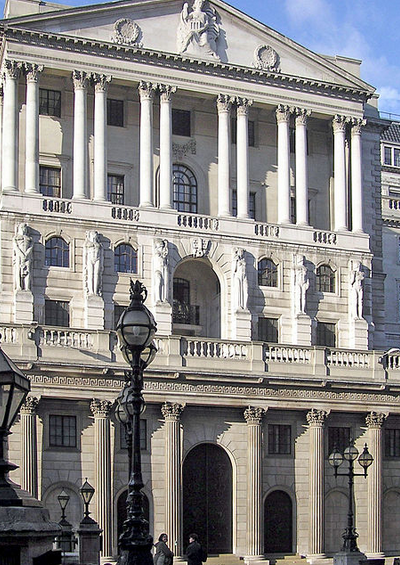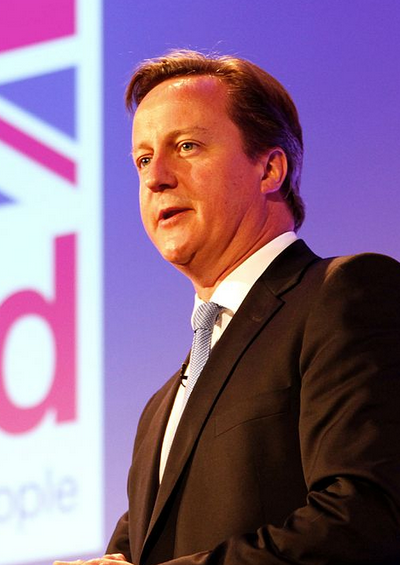Economic Headaches Await Next UK Government
Confronting the trinity of the (current account, budget and household) deficits.
May 6, 2015

The unlucky winner of the UK election on May 7 will face three big economic headaches, focusing on a not-so-holy trinity of deficits in the public sector budget, the balance of payments current account and the finances of UK households.
The new government, undoubtedly another coalition, will need a balanced approach to reducing all these deficits. Too sharp a cut in government and household spending, if not accompanied by an improved balance of payments, could kill the goose expected to lay the golden egg, namely a balanced budget at some time in the future.
British exports could be helped along by some green shoots in the euro area, although sterling’s uncompetitive exchange rate vis-à-vis the euro – still well above €1.30 despite weakness in recent days – will reduce the positive effect.
A tough job for whoever is in charge.
A resilient economy may not be enough
The British economy has always surprised foreign observers with its resilience. The UK will have on its side economic flexibility and past experience of weathering crises. We must all hope that will be enough.
The first problem is the public sector budget deficit, £101.8 billion or 5.7% of GDP in 2014 – up by £3.5 billion from 2013, bringing the public debt mountain to £1.6 trillion or 89.4% of GDP, as reported by the Office for National Statistics (ONS). These statistics make a mockery of the Conservative-Liberal Democrat coalition’s plans for a major improvement in public finances.
According to the IMF, using a slightly different statistical base, UK general government gross debt increased from 65.8% of GDP in 2009 to 89.5% last year, a worse performance than Germany (where the ratio fell from 72.4% to 73.1%, after rising to above 80% in 2010) and France (where it rose from 78.8% to 95.1%).
The second difficulty is the current account deficit, which rose last year to £97.9 billion or 5.5% of GDP, the largest in absolute and relative terms since annual records started in 1948, according to the ONS.
The latest figures reflect not simply the usual deficit in visible trade (partly offset by a sizable surplus in services) but, above all, a £20.8 billion fall in the surplus on the direct investment income account, reflecting UK earnings on direct investment abroad decreasing by £9.3 billion and foreign earnings on direct investment in the UK increasing by £11.4 billion.
These movements reflect a combination of positive and negative developments, including the sell-off of British assets like ports, airports, energy and industrial companies to foreign owners; the effect of the relatively buoyant UK stock market; low interest rates on prime-rated foreign debt, and the higher pound.
Problems with the current account
While the budget deficit acts as a stimulus to the growth of the economy, the current account shortfall is a drag. The two more or less offset each other. The 2.6% GDP growth the UK enjoyed in 2014 was mainly due to an increase in domestic consumption, instead of the hoped-for manufacturing and export renaissance.
And here comes problem number three – the growth in demand was not brought about by higher wages based on rising productivity, but by an increase in private household debt, which stood at 95% of GDP in 2014, according to figures from the Office for Budget Responsibility.
After deleveraging following the 2008 shock, private credit is on the rise. Mortgages are growing less than other credit forms such as credit cards and pay-day loans. Whether you measure it in relation to household income or GDP, total private debt is on the way up again.
The only way to achieve sustainable growth in the UK is to address the triple deficits. Just like other European countries, Britain needs to live within its means. Contrary to what the present government says, its performance has been distinctly unconvincing.
Takeaways
The winner of the UK election will face 3 big economic headaches: budget, current account and household deficits.
The 2.6% GDP growth the UK enjoyed in 2014 was mainly due to an increase in domestic consumption.
Just like other European countries, Britain needs to live within its means.
The only way to achieve sustainable growth in the UK is to address the triple deficits.

